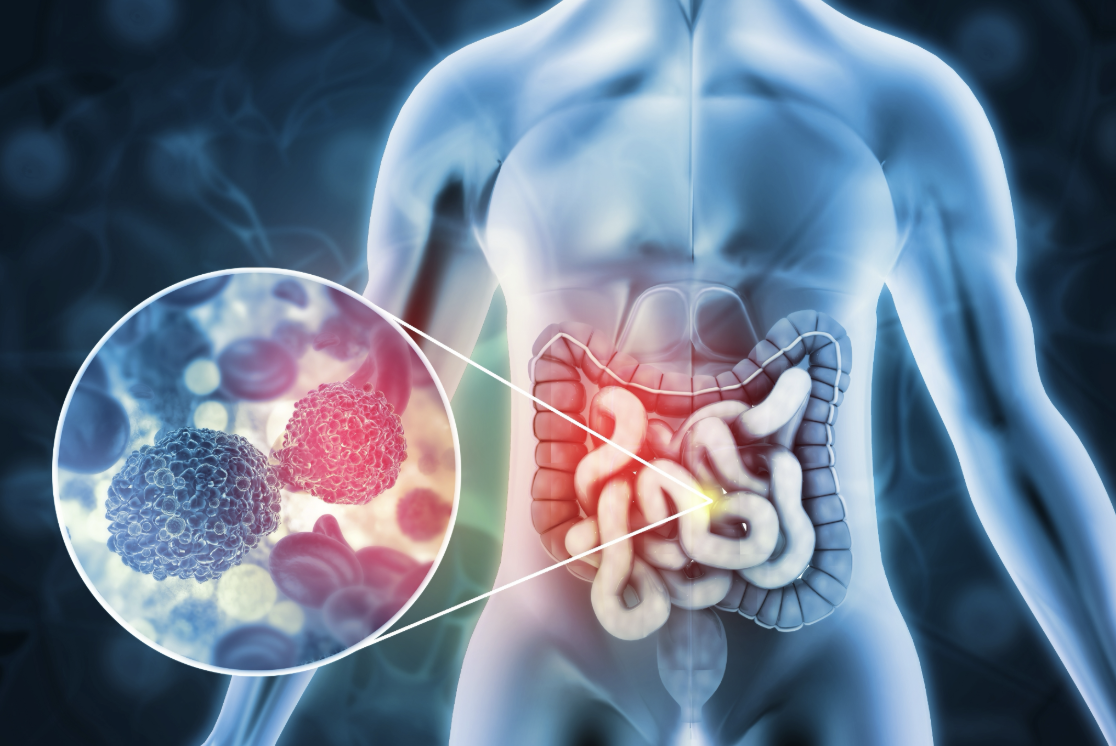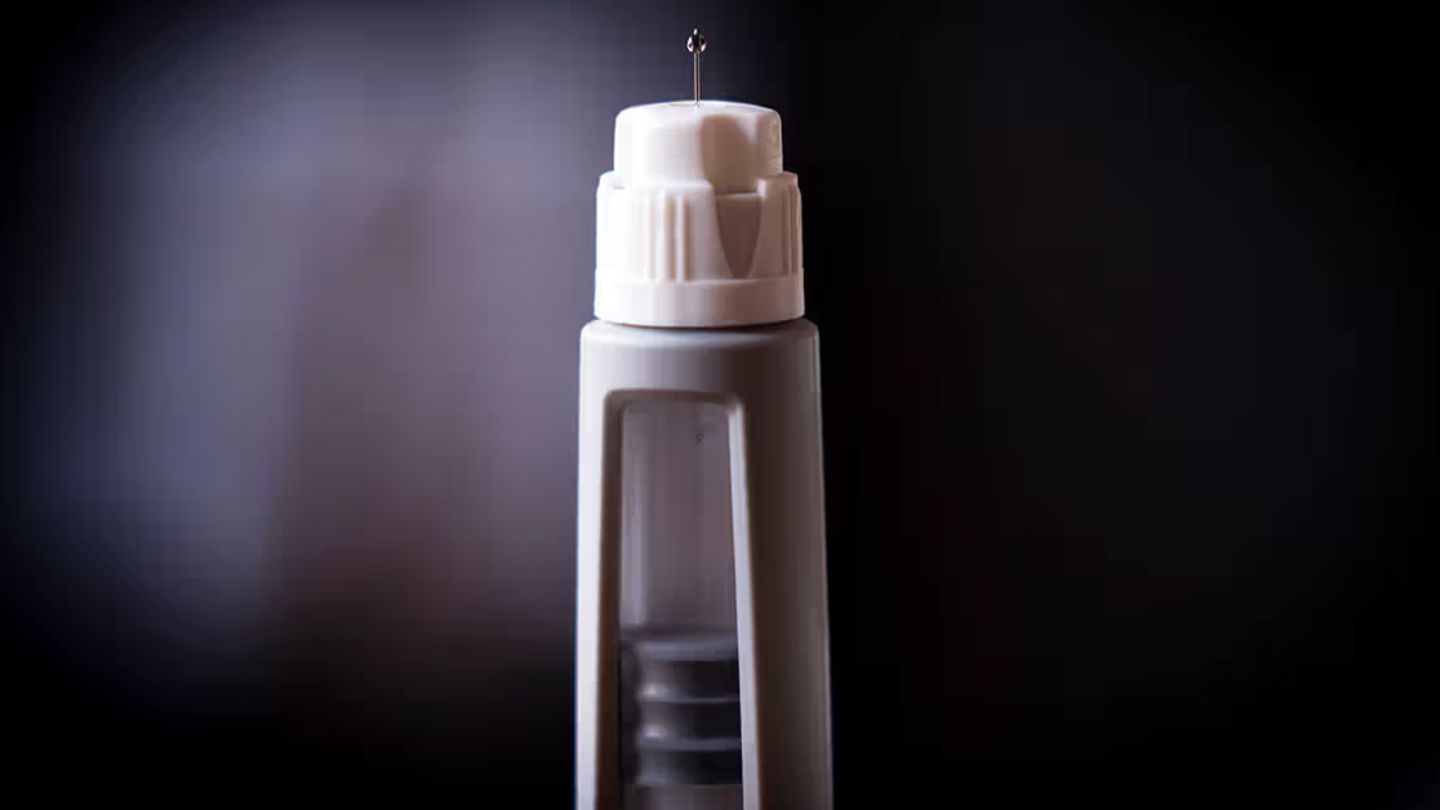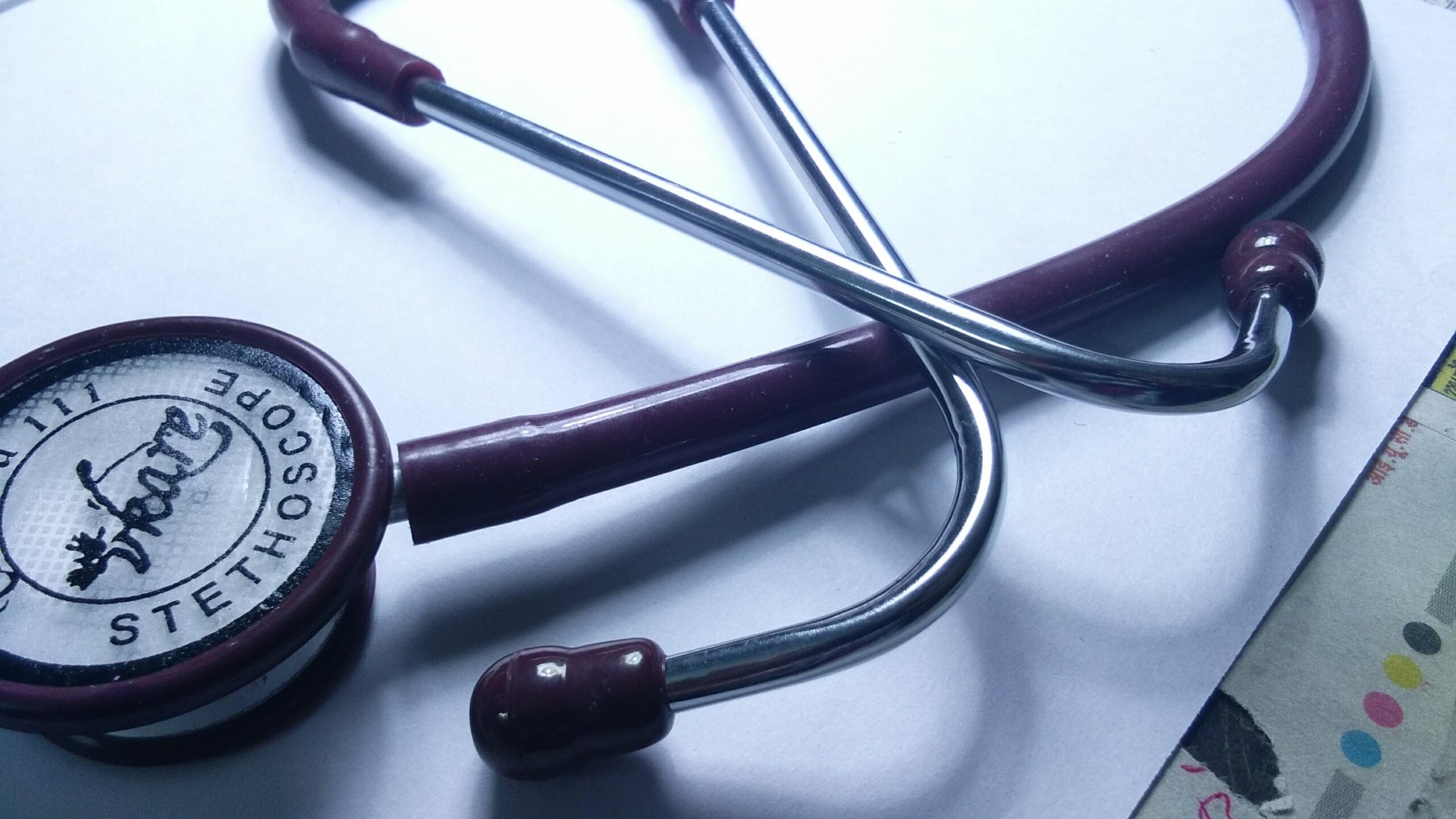You’re scrolling through TikTok, munching on chips and soda, binge-watching your favorite show after a long day of school or gaming. Sounds normal, right? But what if those everyday habits are quietly setting the stage for a health crisis that’s hitting younger people harder than ever? Colon cancer, once thought of as an “old person’s disease,” is now spiking in young adults—and even teens. This is dramatic and alarming news for the younger generation.
What is Colon Cancer?
Colon cancer is a type of cancer that starts in the colon or rectum, parts of your large intestine that help process waste. The colon is like a super-efficient recycling plant for your body.
When cells there go rogue and grow out of control, tumors can form. The bad news? It’s becoming way more common in people under 50.
According to the American Cancer Society, about 10% of colon cancer cases in the U.S. are now diagnosed in folks under 50, with rates rising 1-2% each year. Globally, nearly 10% of new colorectal cancers are in people under 50. Over the past two decades, cases have skyrocketed—up 500% in kids aged 10-14 and over 330% in 15-19-year-olds.
In 2025 alone, experts predict around 154,000 new cases in the U.S. That’s not just stats; it’s a wake-up call for the younger generation.
What’s the cause of this recent uptick?
Doctors are puzzled about the cause, but clues point to modern lifestyles. Ultra-processed foods—like those fast-food burgers, sugary drinks, and snacks loaded with additives—are possibly big culprits.
These create metabolites in your gut that might trigger cancer. Add in obesity, heavy alcohol use, and smoking, and the risk amps up. Even gut bacteria could be playing a role, influenced by diet and lack of exercise.
Environmental stuff like pollution, pesticides, and chemicals in food and water might be factors too. Unlike our grandparents’ era, the young generation is exposed to more toxins and less wholesome foods. Obesity and alcohol are modifiable risk that can make big impact starting at young age.
What are Symptoms?
Symptoms can be sneaky, mimicking everyday teen woes like stress or bad eats. Watch for persistent abdominal pain, changes in bowel habits (like sudden constipation or diarrhea), blood in your stool (bright red or dark), unexplained weight loss, bloating, cramps, or feeling full all the time. Nausea, vomiting, fatigue, or iron deficiency anemia (making you super tired) are red flags too.
For teens, it might show as thinner stools or an urge to go without results. IBS symptoms or “period cramps” can lead to a diagnosis of colon cancer. Early detection saves lives; rates are climbing 2.4% yearly in under-50s.
So How Can I Prevent Colon Cancer?
Prevention starts in your teens. Building up habits that last can make a difference like:
Loading up on fiber-rich fruits, veggies, and whole grains—aim for a rainbow plate daily.
Ditch processed meats and limit sugary stuff.
Get moving—whether it’s skateboarding, dancing, or gym class—to fight obesity and keep your gut happy. Skip smoking and alcohol; they’re not worth the risk.
Stay hydrated and manage stress with sleep and mindfulness.
Screening usually starts at 45 now, but if you have family history or symptoms, get checked sooner.
Final Thoughts
Take Sarah, a 22-year-old influencer who beat colon cancer after noticing bloody stools post-college parties. Her story? A reminder that ignoring signs can be deadly, but acting fast turns the tide. With cases expected to double by 2030, the rise in colon cancer – young people need to be aware and at times take action.
Colon cancer affects thousands of lives each year, but awareness and prevention can make a difference. What steps do you take to stay proactive about your health? Let us know your thoughts or experiences in the comments.
_



